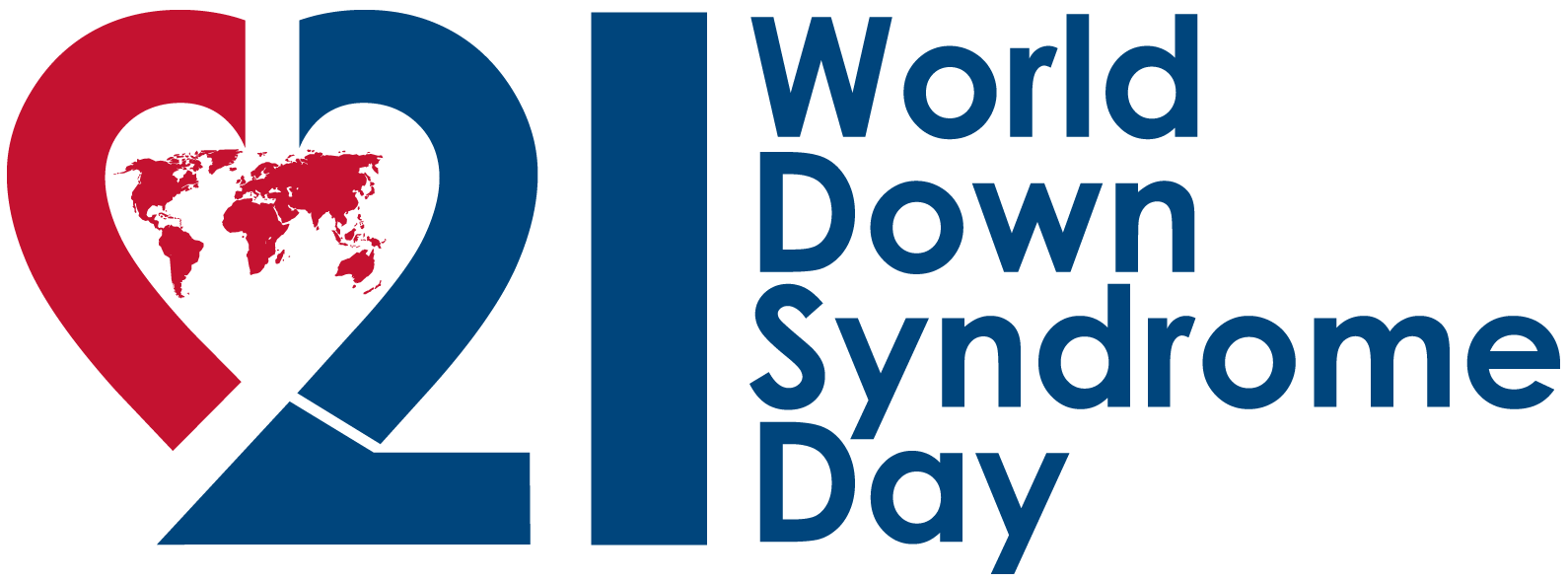|
21 March is World Down Syndrome Day (WDSD) as declared by the United Nations General Assembly in December 2011. On this day, people with Down syndrome and those who live and work with them throughout the world organise and participate in activities and events to raise public awareness and create a single global voice advocating for the rights, inclusion and well-being of people with Down syndrome.
For World Down Syndrome Day (WDSD) 2023, the Down Syndrome International network is campaigning for the right to legal capacity, supported decision-making and easy-to-understand communication. The United Nations Convention on the Rights of Persons with Disabilities (UN CRPD) says that people with disabilities have the right to: “Enjoy legal capacity on an equal basis with others in all aspects of life” and should have access to “the support they may require in exercising their legal capacity.” Legal capacity means that the law recognizes you as a person with rights. It means that everyone can make decisions about important things in their lives. Legal capacity is needed for other rights, such as: 1. The right to choose where and who you live with. 2. The right to make decisions about your healthcare. 3. The right to get married and have a family. 4. The right to control your own money and own property. But many people with Down syndrome around the world are denied legal capacity. Legal arrangements like guardianship stop people from making their own decisions. Or people don’t have proper support to make decisions for themselves. All governments must make sure that: 1. People with Down syndrome can make decisions about their lives with appropriate support. 2. Safeguards to prevent abuse are proportional, time-limited and subject to regular review. Down Syndrome Initiative is committed to moving on from the outdated charity model of disability, where people with disability were treated as objects of charity, deserving of pity and relying on others for support. A human rights-based approach views people with disabilities as having the right to be treated fairly and have the same opportunities as everyone else, working with others to improve their lives. Source: DSI
0 Comments
Leave a Reply. |
